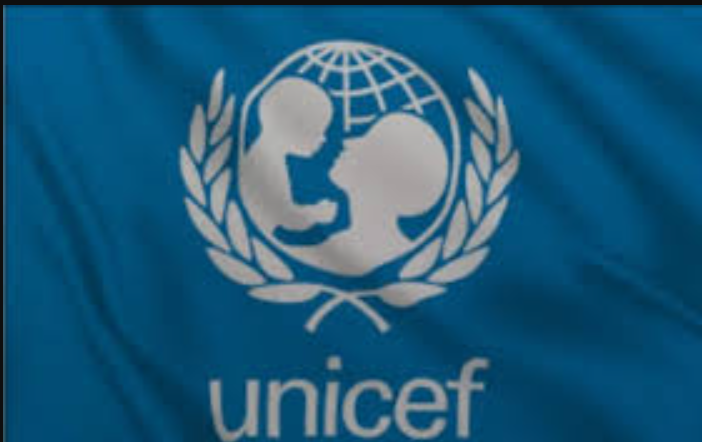The United Nations International Children’s Emergency Fund (UNICEF) raised alarm over Nigeria’s deepening education crisis, revealing that the number of out-of-school children in the country has climbed to 18.95 million.
This staggering figure was disclosed during an orientation programme for traditional rulers held in Numan, Adamawa State, organized by UNICEF’s Bauchi Field Office in collaboration with the Global Partnership for Education (GPE) and the Adamawa State Ministry of Education and Human Capital Development.
The orientation was aimed at enlisting the support of traditional institutions in combating the growing out-of-school population, particularly in Guyuk, Numan, Jada, and Demsa LGAs, which were identified as having the highest school dropout rates among both boys and girls in the state.
Representing the Adamawa State Commissioner for Education, Dr. Umar Garba Pella, Permanent Secretary Hajiya Aisha Umar emphasized the strategic role of traditional rulers in addressing the crisis at the grassroots level.
“To reposition the education sector, particularly in reducing the rate of out-of-school children, we must deepen the involvement of traditional leaders,” she said.
Speaking at the event, UNICEF Education Officer, Abdulraham Ado, stated that the engagement was not only focused on reducing the number of out-of-school children in Adamawa State but also on promoting school enrollment, retention, and transition, as well as fostering a sense of community ownership of schools.
In a detailed presentation, Rufus Isaiah, Director of Planning, Research, and Statistics at the Ministry, highlighted alarming national statistics:
“Out of every three Nigerian children between the ages of 4 and 12, one is out of school. That equates to about 10.2 million out-of-school children at the primary level alone.”
“Though Adamawa is not the state with the highest number, it accounts for 30% of Nigeria’s out-of-school children, a figure that is still dangerously high and requires urgent action.”
Dr. Nuzhat Rafique, Chief of Field Office for UNICEF Bauchi, reiterated the agency’s commitment to ensuring no child is left behind, especially in education and health. She underscored the vital role of traditional leaders in community mobilization and monitoring education outcomes.
In response, His Majesty Hama Bachama, Ismaila Daniel Shaga, who spoke on behalf of the traditional rulers, thanked UNICEF and its partners for their continued interventions in the education sector.
He pledged the full support of the traditional institutions and called on the federal government to provide constitutional roles for traditional rulers, saying such recognition would empower them to play more active roles in education governance.
Hama Bachama also urged the Adamawa State Government, under Governor Ahmadu Umaru Fintiri, to urgently rehabilitate dilapidated school infrastructure across the state to support efforts at improving school attendance.
The one-day session was attended by all six traditional rulers from Adamawa’s Southern Zone — Hama Bachama, Hama Bata, Murum Mbula, Amna Shelleng, Kwadi-Nunguraya, and Gangwari Ganye — alongside senior government officials and key stakeholders in the education sector.

